At the heart of the Neapolitan language lies a fascinating world of unique expressions, a true cultural treasure that defines the identity of Naples. From 'purtualle' to 'scuorno,' each word offers a privileged glimpse into the city's vibrant past and fascinating history.
Getting to know these terms is not only culturally enriching, but can also prove a useful tourist guide, allowing visitors to immerse themselves more deeply in the unique atmosphere of Naples, capturing the city's authenticity and character through its distinctive words. Ready for a journey into the linguistic nuances of Naples, where every word tells a story steeped in culture and tradition?
Neapolitan is a real language for writing and speaking
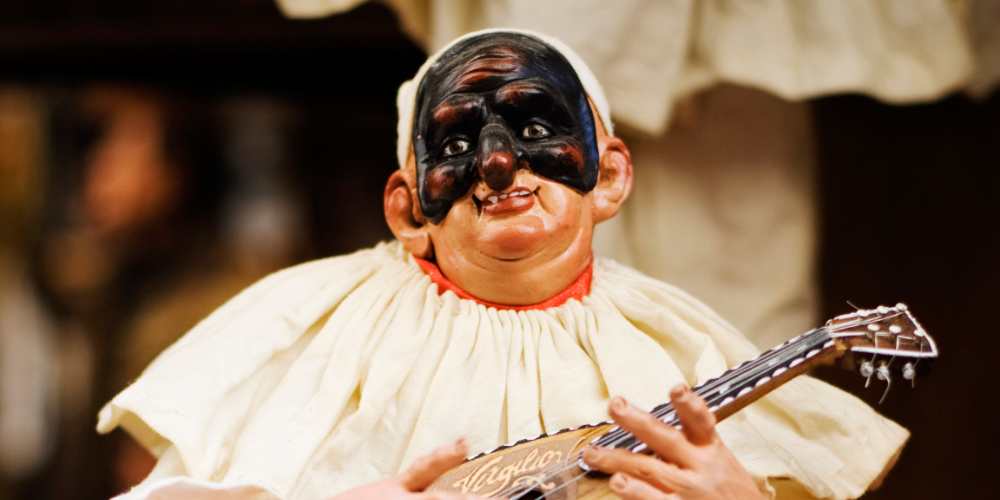
Neapolitan is a full-fledged tongue. A kind of intangible heritage to safeguard. Many writers and scholars studied it and have published a specific dictionary.
Here, some Neapolitan words that you can hear if you come to Naples. They have entered into the Neapolitan imagination of most of the world and that you may find useful on a trip to Naples. Along with the glossary we offer, a helping hand in your visit to Naples can come from the Naples Pass, the city's tourist pass that allows you to enjoy a range of advantages and comforts both for visiting and getting around the city.
Alluccare
.jpg)
Alluccare
Alluccare is a verb. It means to yell, blame. When no one listens to you, you need to "alluccare".
The word comes from medieval Latin and takes origin from the word "allocco" (tawny owl): the bird characterized for its screams, "allucchi" indeed.
Ammuccarse

Neapolitan glossary, Ammuccarse
Ammuccarse is a verb that can mean two things: to kiss or to believe in false. Believing in truth actually a falsehood.
It comes from the other Neapolitan word mmocca (in the mouth): everything says and does with the mouth.
Appiccecarse

Gomorra
Appiccecarse is a verb that means to fight, pick a fight. From the same root comes Appiccecata/Appicceco (fight, match, trouble) and Appiccecataro, who quickly fights.
Arronzare
Arrunza' means to do a job in an approximately or unprofessional way. It comes from the Spanish dialect of Maiorca, "arrosar", which means poorly finished.
Arteteca

Neapolitan Glossary Arteteca
In Italy, this word is famous because of a same-name Neapolitan comedy duo. Arteteca means restlessness, agitation, continuous movements. It takes origin from the late Latin “arthritica” (arthritis) and describes the disease to bones and legs, indeed.
The relation with the restlessness is just in Naples. The word is often used to says that “a kid is restless” = “sta criatura tene arteteca”.
Caccavella
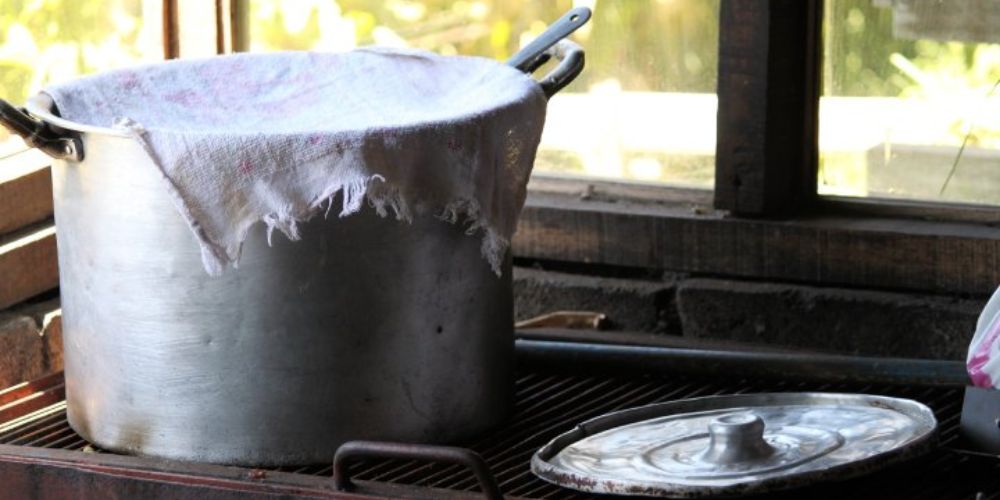
Caccavella
In Neapolitan, "caccavella" means pan. Indeed, a famous saying says that in the caccavella, the ragù pippia (thinks).
With this word, you can refer to other objects too. For example, when you want to be ironic about their disproportionate shape.
Cacciuttiello

Cacciuttiello
Cacciuttiello means small dog, usually a wiener dog or a puppy. The word is a fusion of two nouns: "caccia" (haunting) and "cucciolo" (puppy).
Cantero
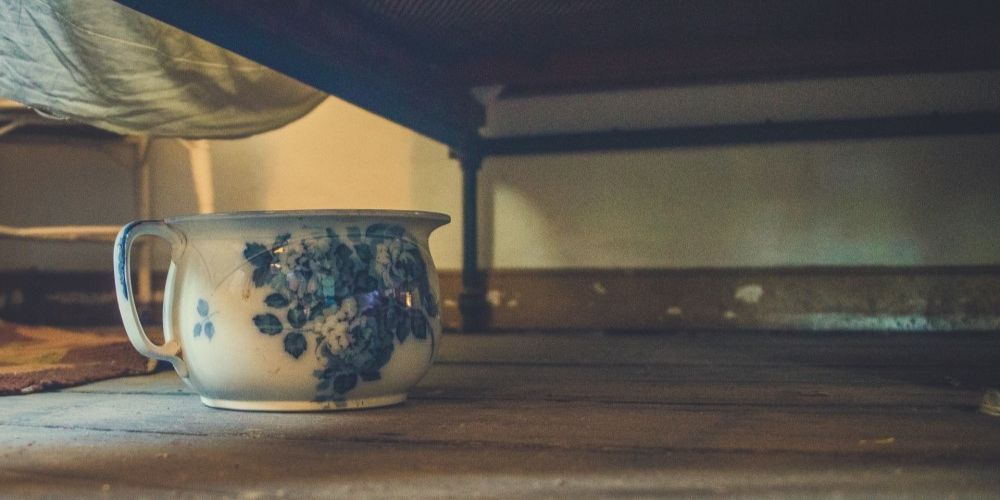
Cantero
Cantero is the old bedpan or the existing toilet for kids. The word has a dual origin: from Latin Cantharus and Greek Kantharos, and both mean curvature.
Cazzimma

Alessandro Siano
The use of the word"Cazzimma" is relatively new. It is one of those "new" Neapolitan vocables and is not part of the " historic" Neapolitan literature.
Cazzimma means to try to intrude on the others at any cost, damage them too. So, when they say "tene 'a cazzimma", they suggest that person likes to be evil.
What does "cazzimma" mean? I don't want to tell you; this is "cazzimma"!Alessandro Siani
Chiattillo

Chiattillo in Gomorra
Chiattillo is the classic crab. Once, during school time, in this way was called the nerd or preppy. The student that goes to school also when his other schoolmates have decided to go on strike.
In the standard jargon, he is usually the Neapolitan with money or who pretends to be rich. Often, they wear designer clothes. Their favourite outfit is loafers, shirt and sweater exclusively stood on their shoulders.
Crisommola

Crisommola
Crisommola in Neapolitan means apricot. A delicious and sweet fruit that delights Neapolitan tables during the warmer seasons. The etymological origin is the Greek word "chrysomelon".
Currea

Currea
Currea means a belt, generally leather and support pants. It comes from Latin "corrigia" and Spanish "correa".
Ma si haje suffrì' caccia ′a currea (Don't suffer, take the belt!)Yes I Know My Way - Pino Daniele
Fareniello
Fariniello indicates a person who often wants to be at the centre of discussions, intriguing without restraint, flirting, dandy who thinks to be funny and is incredibly unpleasant.
Interesting is the origin of this word. During the theatrical representations, the character of the amateur must be, for script requirements, always young. The actor who played this role was good until he was young and handsome, the issue sorted when, years by years, he has loosened these qualities. The poor ex-young actor, in a way, must mask his actual age, and so he covered his face with vast amounts of flour. Since this "fariniello", a person who wants to appear what he is not.
Guaglione
Guaglione is, of course, one of the musts-known Neapolitan words. Guaglione means boy and, often, the young helper of the shop.
Probably, the word comes from the French garçon. Guagliona is the female equivalent, but older people think this word is incorrect and that the correct female match is figliola (girl).
Janara
Janara means witch, evil, ugly and maleficent woman. It is also said "Jana" and comes from Daina, the Greek goddess of hunting. There is a similarity with the Sardinian Jana, who has the same meaning.
Lloco
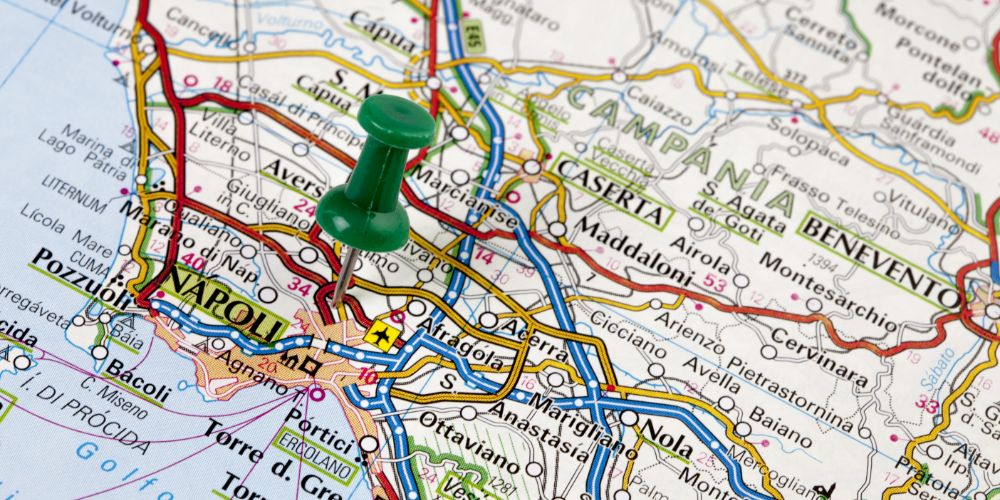
Lloco
Lloco means a place, and all the adverbs like there, that way, on this side. If you happen to ask for directions keep this in mind. The etymology comes from the Latin loco (location).
Mantesino
Mantesino means kitchen apron used to avoid getting dirty. It comes from the Latin ante sinum (in front of the bust). Once, it indicated also the fender of the car.
Mappina
Mappina is the so-known kitchen towel. Probably, its origin comes from the Italian Mappa (map) and its "spots", which represents the different areas.
‘Ngoppa
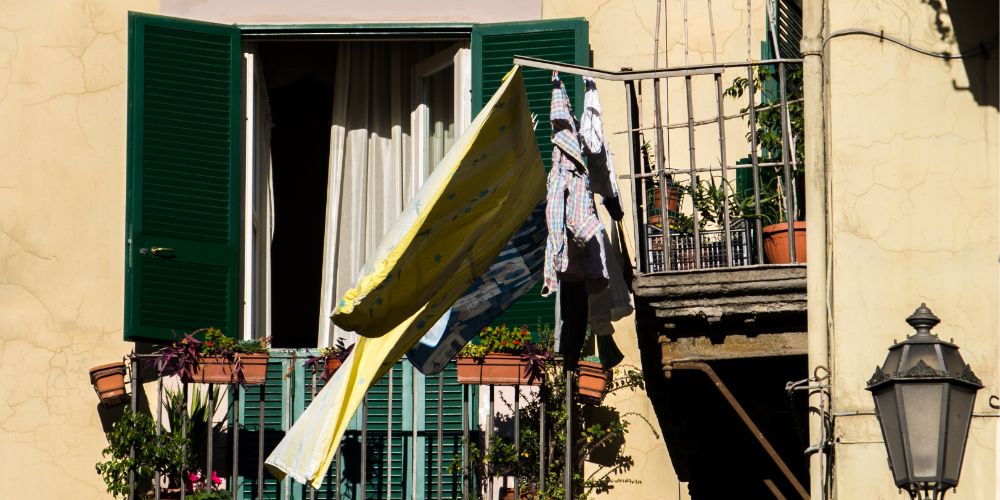
‘Ngoppa
‘Ngoppa means “up” or “on top”. The etymology comes from the old Italian (around the 14th century), where “coppa” meant “on top”. Indeed, we find references also in Dante’s Paradise.
‘Ntalliato
The adjective 'ntalliato and the verb 'ntallià indicate an absent-mindedness, typical zoning out of the distracted person who, despite speaking with them, looks like to be elsewhere. We use it also when we linger too much in a place.
The etymology comes from the old Italian "aliare", which means to flit, wing, be vaulted by events. Like if you fly and look around, amazed at the beauty of the things seen from above, never seen before.
'Nzallanuto

Naples glossary 'Nzallanuto
'Nzallanuto is a confused, groggy, dizzy person. Usually, we use it for older people ("vecchio 'nzallanuto" = groggy old man). In antiquity, there was a widespread belief that one's wits, or the light of reason, lost by a person ended up on the moon. The origin of this term is very ancient and can be traced back to a Neapolitanisation of 'inselenito', which has its roots in the mythology of the ancient Greeks. For the latter, the Moon was under the dominion of the goddess Selene. Therefore, to be 'inselenito' means to have one's head associated with Selene, the lunar goddess.
This legend is confirmed in works such as Ludovico Ariosto's Orlando Furioso, where Astolfo, the best friend of the mad hero, makes a journey to the Moon to recover his companion's lost wits.
'Nziria
'Nziria is the tantrum, whining. The word comes from the union of two "in" (in) + "ira" (anger), so "to anger". It is particularly used in children who tend to throw tantrums for trivial reasons or when an adult is cranky because they are too tired.
'Nzisto

Neapolitan glossary 'Nzisto
'Nzisto is a bold and bossy person. We use it also for children, to say that they are lively. It comes from the Latin verb insistere (to insist).
Someone who is defined as 'nzisto' displays a domineering attitude, insisting strongly on their opinions or decisions. He is someone who does not hesitate to impose himself, displaying a certain degree of confidence and assertiveness. In colloquial usage, the term can also indicate a certain amount of arrogance. Interestingly, when applied to children, 'nzisto' takes on a slightly different meaning, indicating a very pronounced level of vivacity and energy. In younger children, the characteristic 'nzisto' can translate into a playful and dynamic personality, revealing a contagious vitality.
Pazzariello
Pazzariello is a playful, lively, jovial person. It comes from the ancient Neapolitan figure of the carrier, which, accompanied by music, used to walking the street to propagandize new shops and products—a kind of commercial.
Purtualle
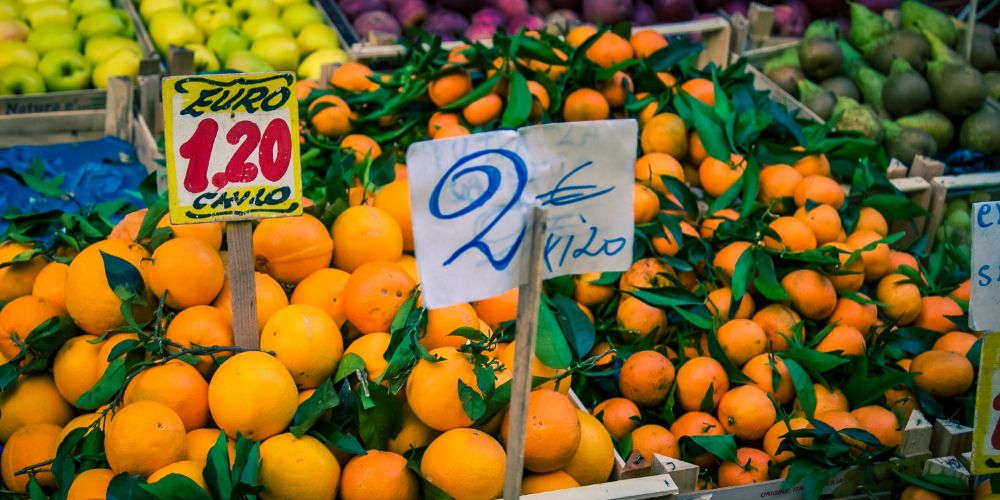
Purtualle
Purtualle is the oranges. The word 'purtuall' in Neapolitan has interesting roots. Some believe it comes from Portuguese, since the Spanish bought oranges from the Portuguese.
Others claim it derives from the Italian 'port' because of the arrival of oranges in Naples by sea. There is even a hypothesis related to French soldiers distributing oranges, linking the word to a French exclamation. However, the origin closest to the truth seems to be Greek, where the name of the orange, 'portokalia,' influenced the Neapolitan form 'purtuall'.
Riscenzièllo
Riscenzièllo is the faint convulsion, which someone has when they don't feel well. It comes from Latin descensus (falling, descent).
The term in Neapolitan encompasses two distinct facets, recalling both convulsions and children's tantrums. In both cases, the word is linked to the concept of spasm, which can manifest itself as a pathological symptom or as an expression of childish behaviour.
This dual nuance of the term highlights the connection between convulsions, often involuntary and pathological in nature, and tantrums, a milder expression of an emotional spasm, both representing aspects of the complex range of human reactions, especially in children.
Sarchiapone
Sarchiapone is a word that takes origin from the name of a character of the 17th-century work La Cantata Dei Pastori (The Song of the Shepherds) by Andrea Perrucci. It indicates a clumsy and ridiculous person, someone who believes to be clever.
Sbariare

Sbariare is when someone is busy with a tireless activity without sense. It comes from the Italian verb svariare, which means no standstill.
This verb is used to describe the act of dedicating oneself to idleness and distraction, wasting time regardless of commitments or serious thoughts. It is a term associated with those who like to take it easy, with slackers, or with those who, on the contrary, after a period of intense work, feel the need to unplug and indulge in moments of relaxation or more leisurely activities.
Seccia
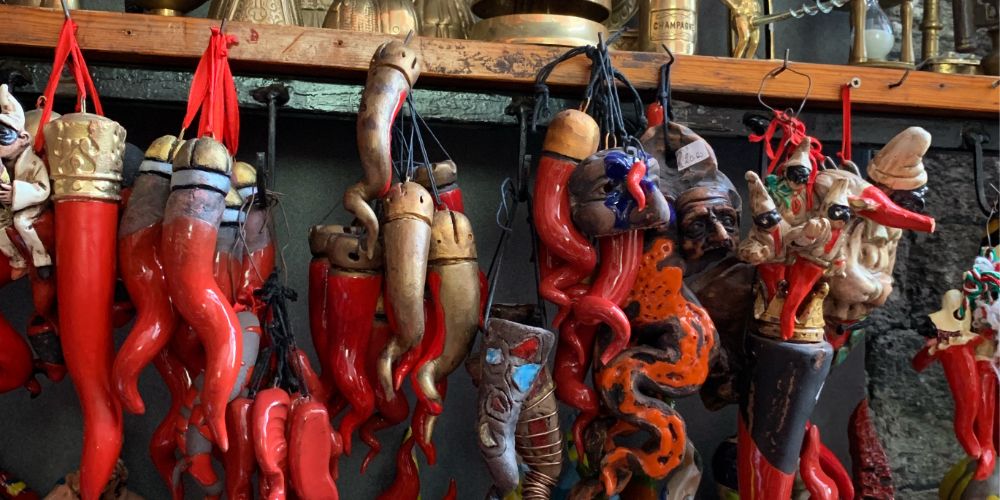
Seccia
Seccia means unlucky. It takes origin from the word seppia (sepia), a mollusc famous for its black squirt, a sign of bad luck.
Sciasciòna

Sciasciòna
Sciasciòna usually means chubby woman or girl with a nice-looking. We need to start from sciscià, which means tranquillity and serenity. The verb Sciasciarse means, in fact, to enjoy an adorable situation.
Scugnizzo
Here is another Neapolitan word very famous! The Scugnizzo is the brat, street child who enjoys rampages around the Naples streets.
The word comes from a classic game that used to play the Naples street children, ‘o strummolo (the spinning top): the main target was scugna’ (to break by force) the Strummolo of the opponent. The operation was so hard that only a true Scugnizzo was able; from this, the name.
Scuorno

Scuorno
Scuorno means shame, humiliation. By this, the adjective scurnuso means shy. For the Neapolitans, there is a substantial distinction between these two concepts. While shame is a personal feeling that an individual can experience in private without others being aware of it, 'scuorno' must be made public.
The seriousness of the action is such that it involves several people, drawing attention to the offender and making his shameful behaviour known. 'Scuorno' is thus a term that goes beyond a simple inner feeling, turning into a shame that extends to the community or at least to a small group of people.
Strangulaprievete
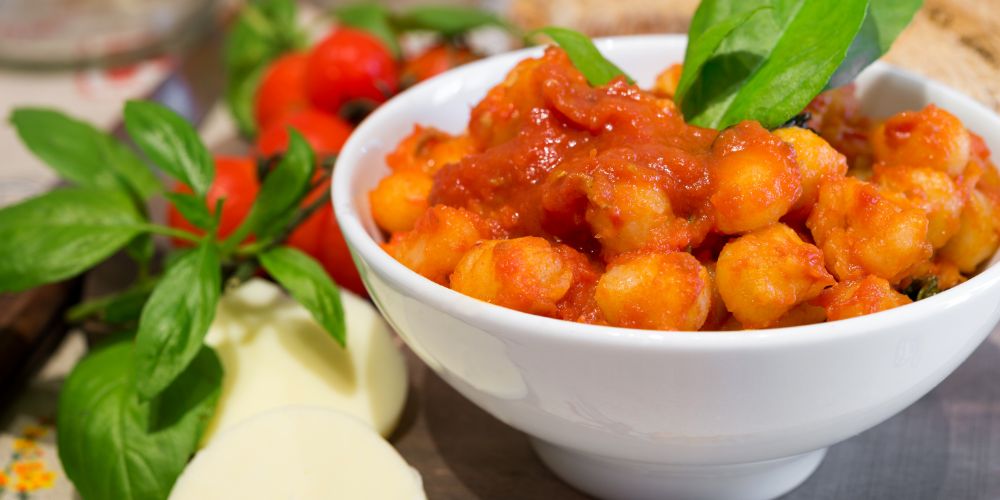
Strangulaprievete
Strangulaprievete is a funny way to call the famous gnocchi. Initially, they were made with such hard pasta that the people used to call them this way because they could choke the priests too (strangula = choke; prievete = priests).
Vattere

Vattere
The verb vattere is another most-known Neapolitan word. It means to hit, beat, punch.
It comes from the same Italian battery (to beat). Indeed, often in Neapolitan, the B becomes V.
Vrenzola
Vrenzola is a word that has become very famous nowadays. Currently, we use it to indicate a woman or girl by a vulgarian streak, beautiful appearance and, usually, lowborn.
Indeed, in the beginning, the word indicates a rag, a bit of fabric, something torn up pretty bad. In fact, it is also a way to say to the people that they are poor and bum or to blame them for being petty and stingy.
Zeza
A word took from the ancient Neapolitan theatre. Zeza is the nickname of Lucrezia, the name of Pulcinella's wife. She used to sweet talk to the husband and, that's why today, we use her nickname to describe an unuseful affected woman/girl.
There is also the male equivalent Zezo, which means flirt or womanizer negatively.



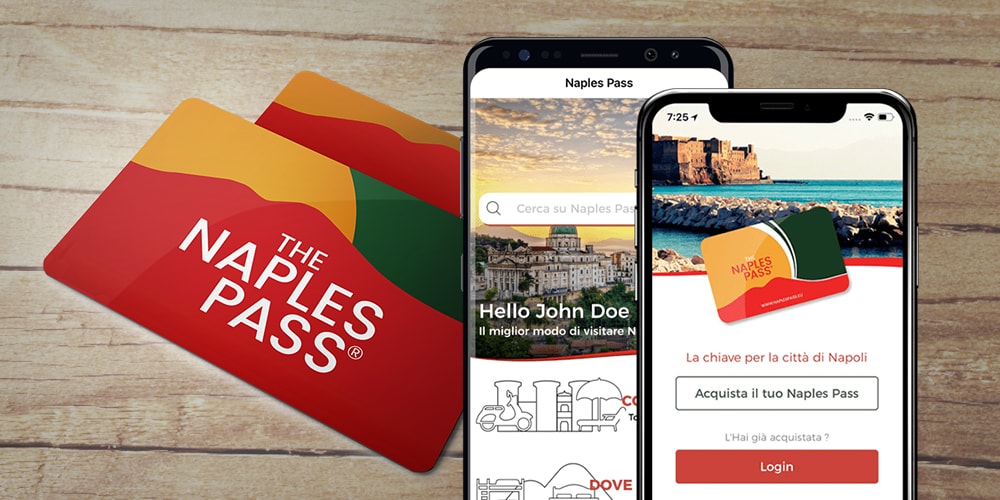
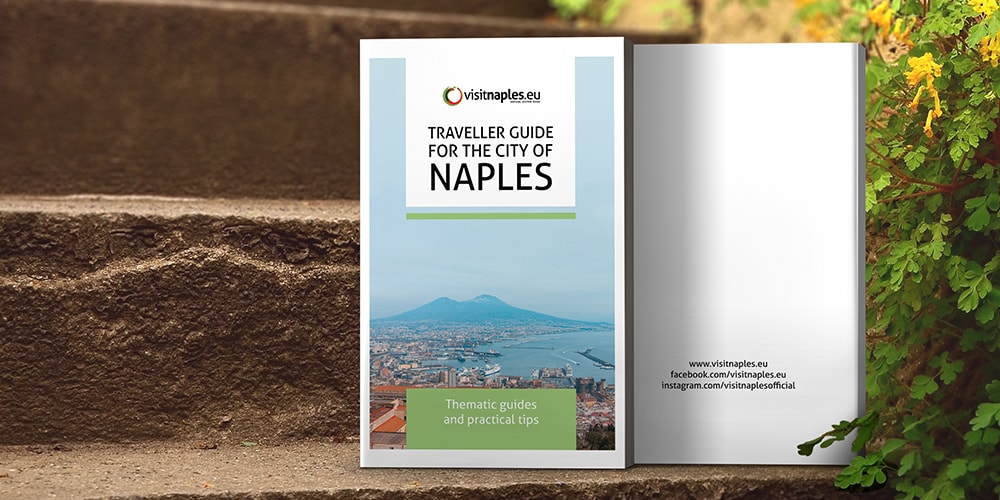
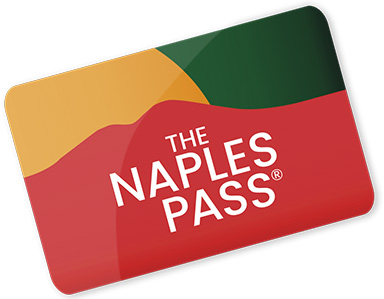





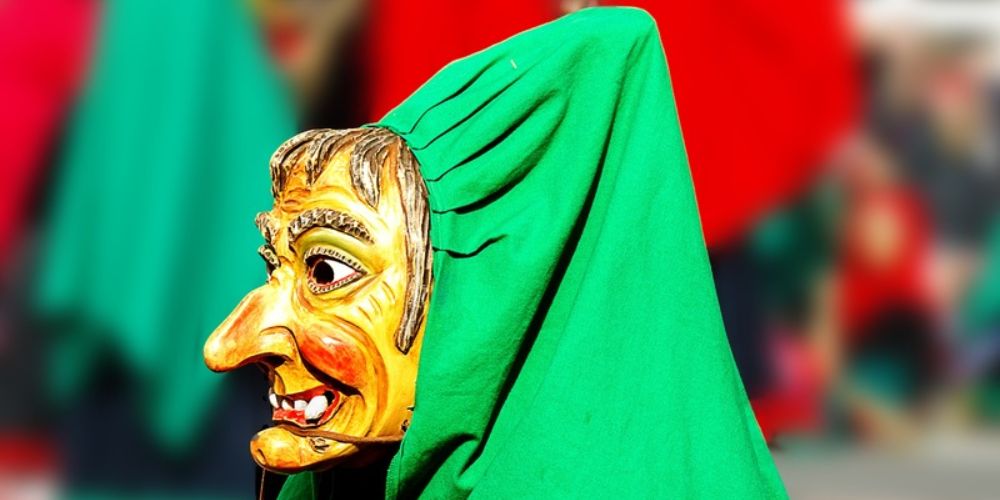
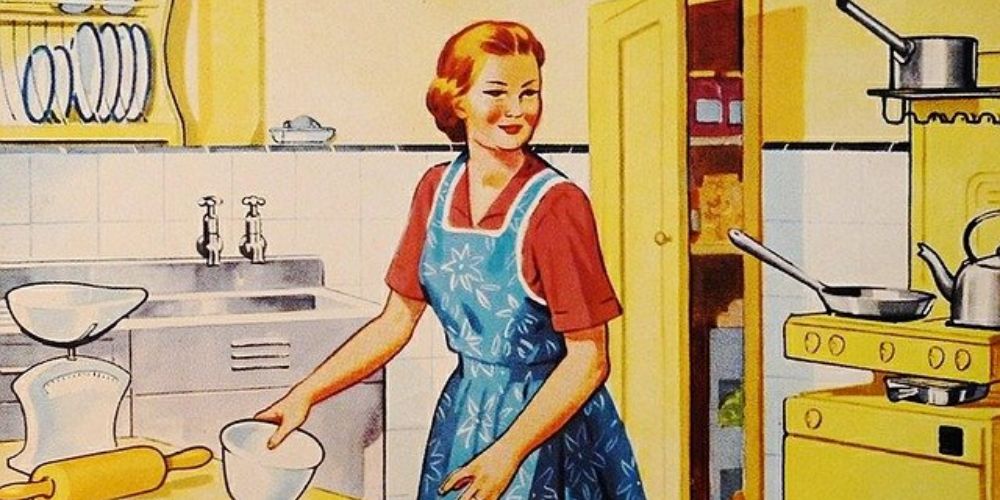
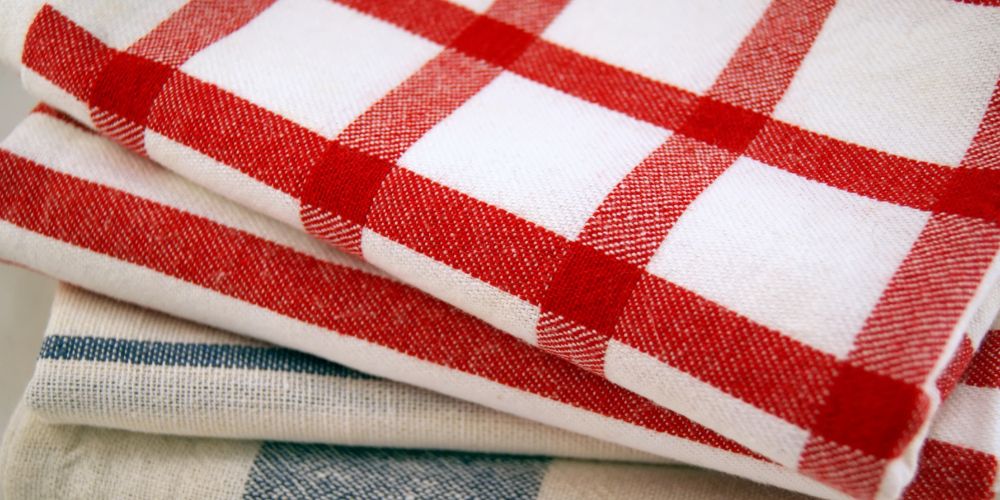

.jpg)
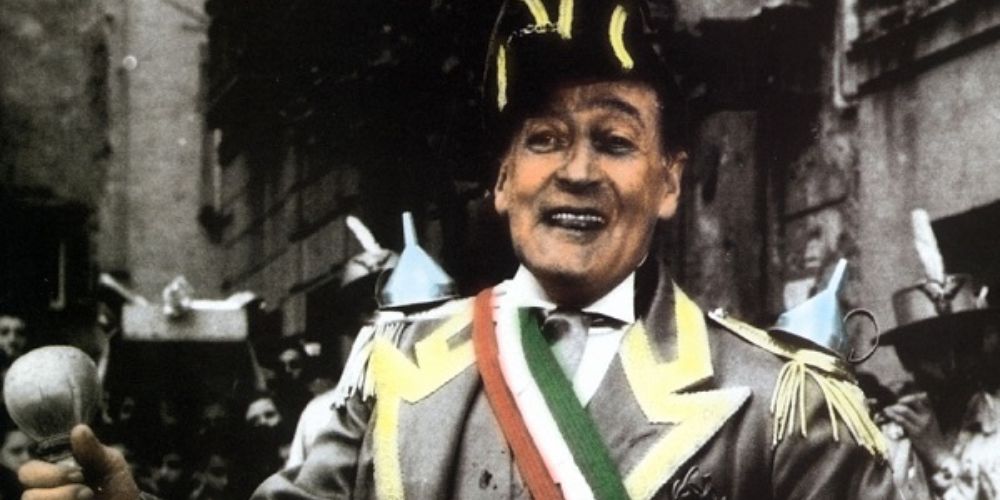
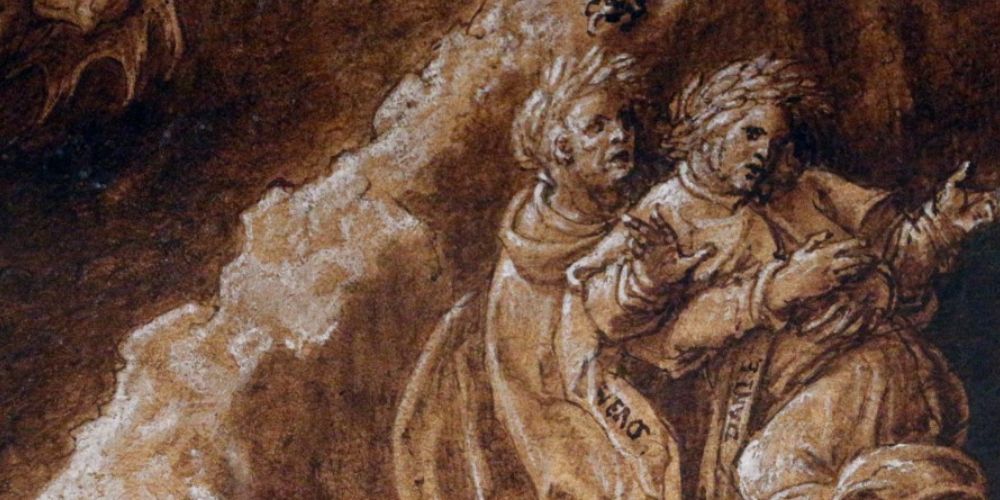
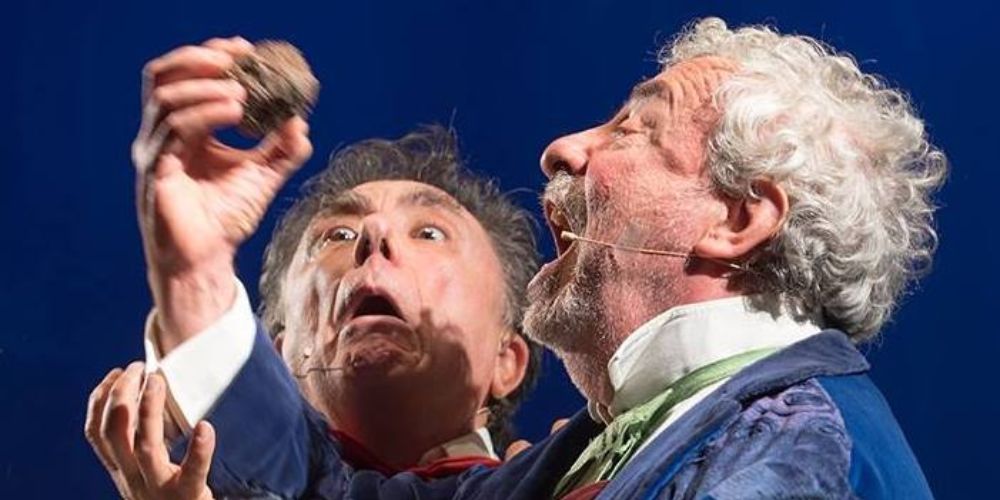
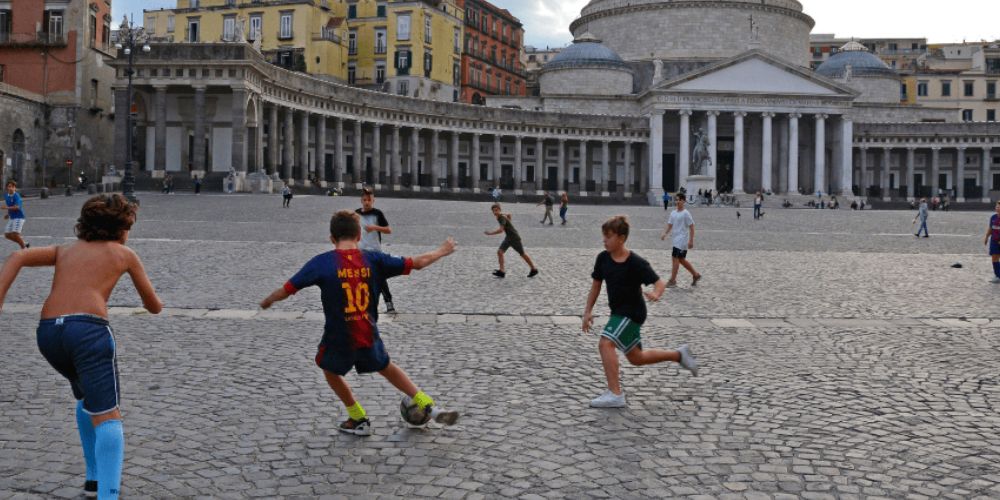
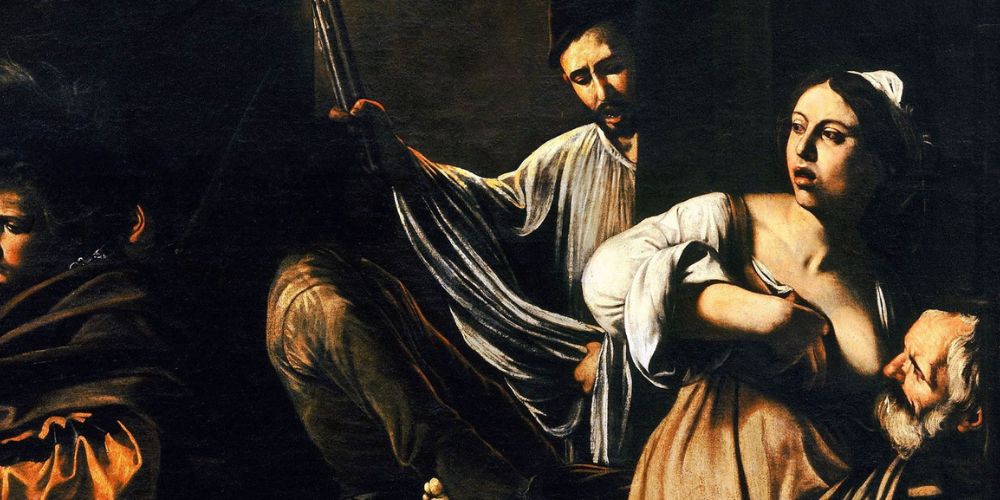
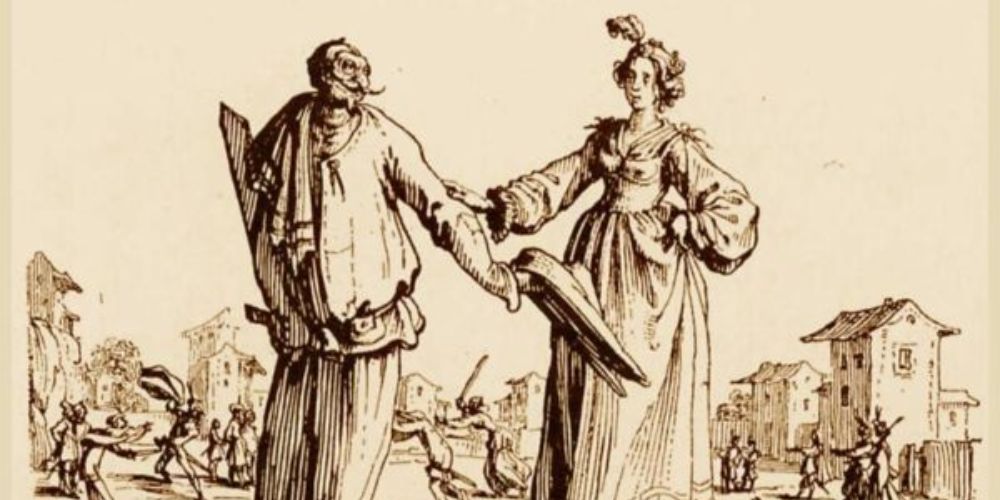

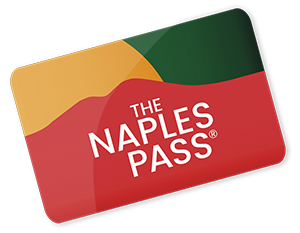
Lascia un commento